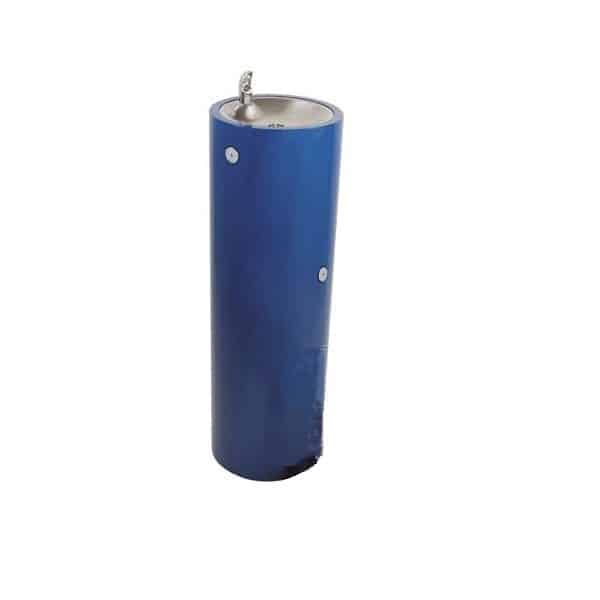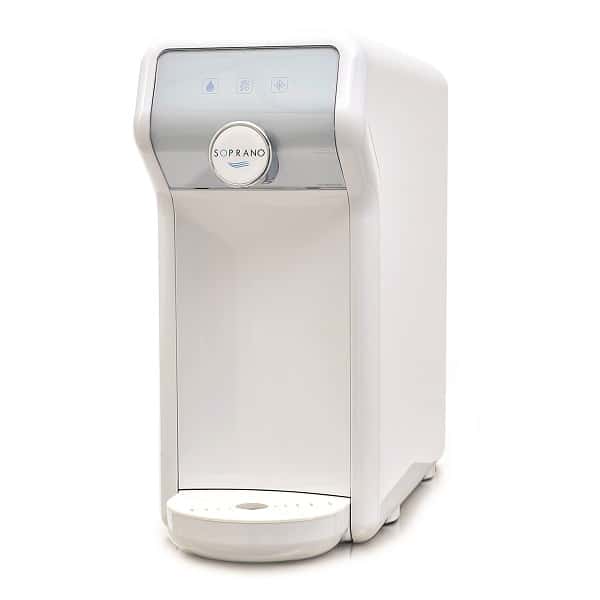Academy
Spa brands
In this section you will find a range of practical information related to our solutions. In the articles, we share our experience, discuss implementation steps and highlight good practices. It is a reliable source of information and advice on the provision of drinking water in public spaces, the legal regulations in this area, the benefits of installing drinking water dispensers and the technological aspects in this field.
We look forward to reading!
How much water should we drink per day?

Water is essential for life. It accounts for about 60% of an adult's body weight and plays a key role in almost all bodily functions, such as regulating body temperature, transporting nutrients, removing toxins and hydrating tissues. Nevertheless, the question of how much water we should drink per day has no clear answer, as it depends on many factors such as age, weight, gender, physical activity, occupation, as well as environmental conditions.
General recommendations
Common recommendations for water intake for adults suggest that women should drink around 2.7 litres of water per day and men around 3.7 litres. However, it is worth noting that these figures include total water intake, both from beverages and food.
Age and water
- Children and infants: Water requirements in children depend on age and weight. Infants up to 6 months should receive about 0.7 litres of water per day (mainly from breast milk or formula). Children aged 1 to 3 years need about 1.3 litres of water per day, while children aged 4 to 8 years need about 1.7 litres.
- Teenagers: During adolescence, the need for water increases. Boys aged 9 to 13 should drink about 2.4 litres of water a day and girls of the same age about 2.1 litres. For teenagers aged 14 to 18, the recommendations are 3.3 litres for boys and 2.3 litres for girls.
- Adults: As already mentioned, the recommendations are 3.7 litres for men and 2.7 litres for women.
Weight and water intake
The greater the body weight, the greater the need for water. As a general rule of thumb, approximately 30-35 ml of water should be consumed for every kilogram of body weight. For example, a person weighing 70 kg should drink about 2.1 - 2.45 litres of water per day.

Gender and water consumption
Men generally need more water than women, which is related to greater muscle mass and higher energy requirements. Muscle contains more water than fat, which also influences gender differences in requirements.
Physical activity and occupation
People with active lifestyles, who work out or regularly participate in sport need more water. Significant amounts of water can be lost through perspiration during intense exercise, requiring replenishment. It is recommended that physically active people drink an additional 0.5-1 litres of water for every hour of intense exercise.
Environmental conditions
High temperatures and humidity increase the need for water as the body sweats more intensively to maintain an adequate body temperature. People living in hot climates or working in high temperatures should drink more water to avoid dehydration.
The amount of water we should drink each day depends on a number of factors, such as age, weight, gender, level of physical activity, occupation and environmental conditions. The general recommendations for adults are 2.7 litres for women and 3.7 litres for men, but it is worth adjusting these values to suit individual needs. Remember that drinking enough water is key to maintaining health and wellbeing.





